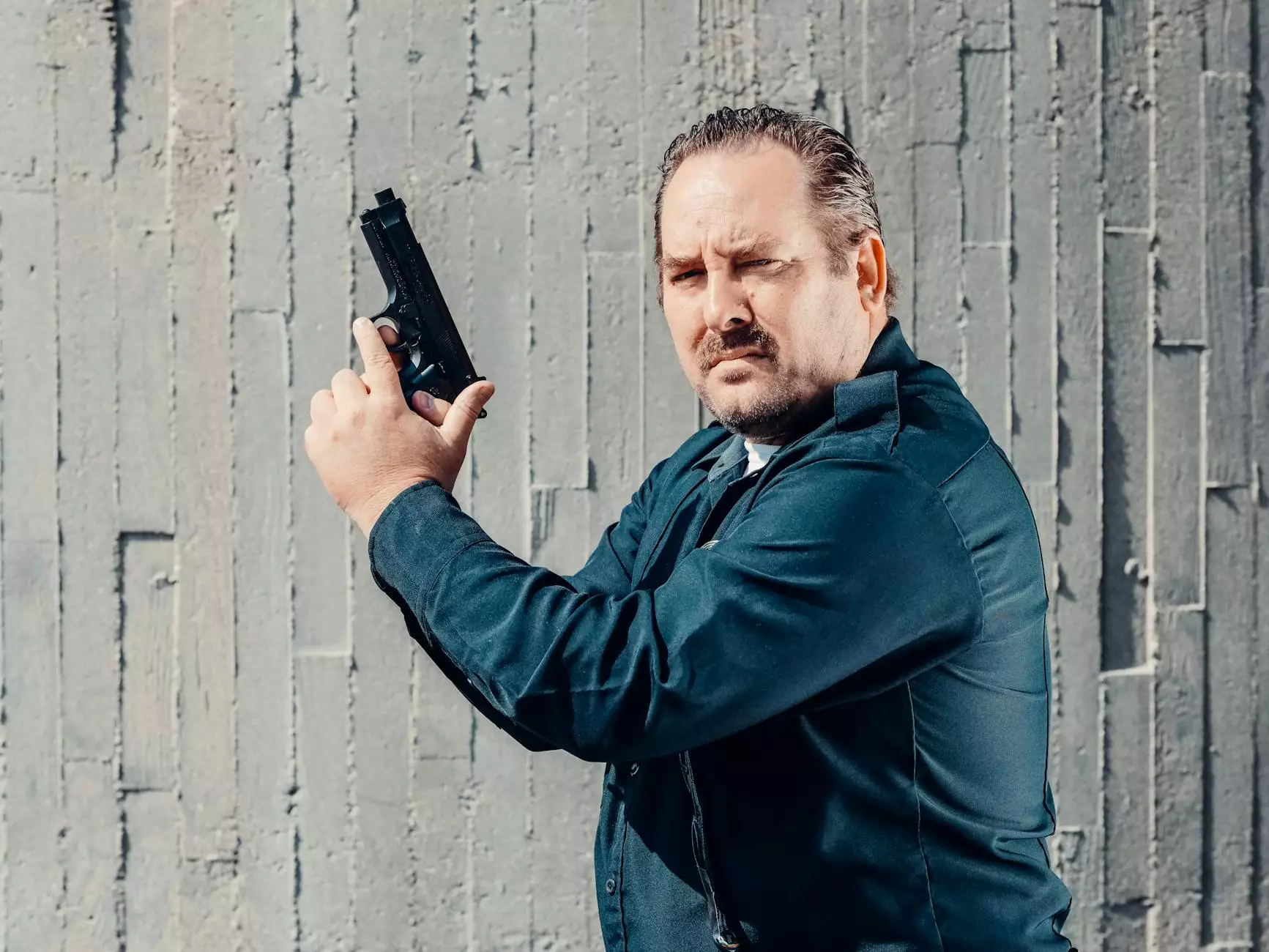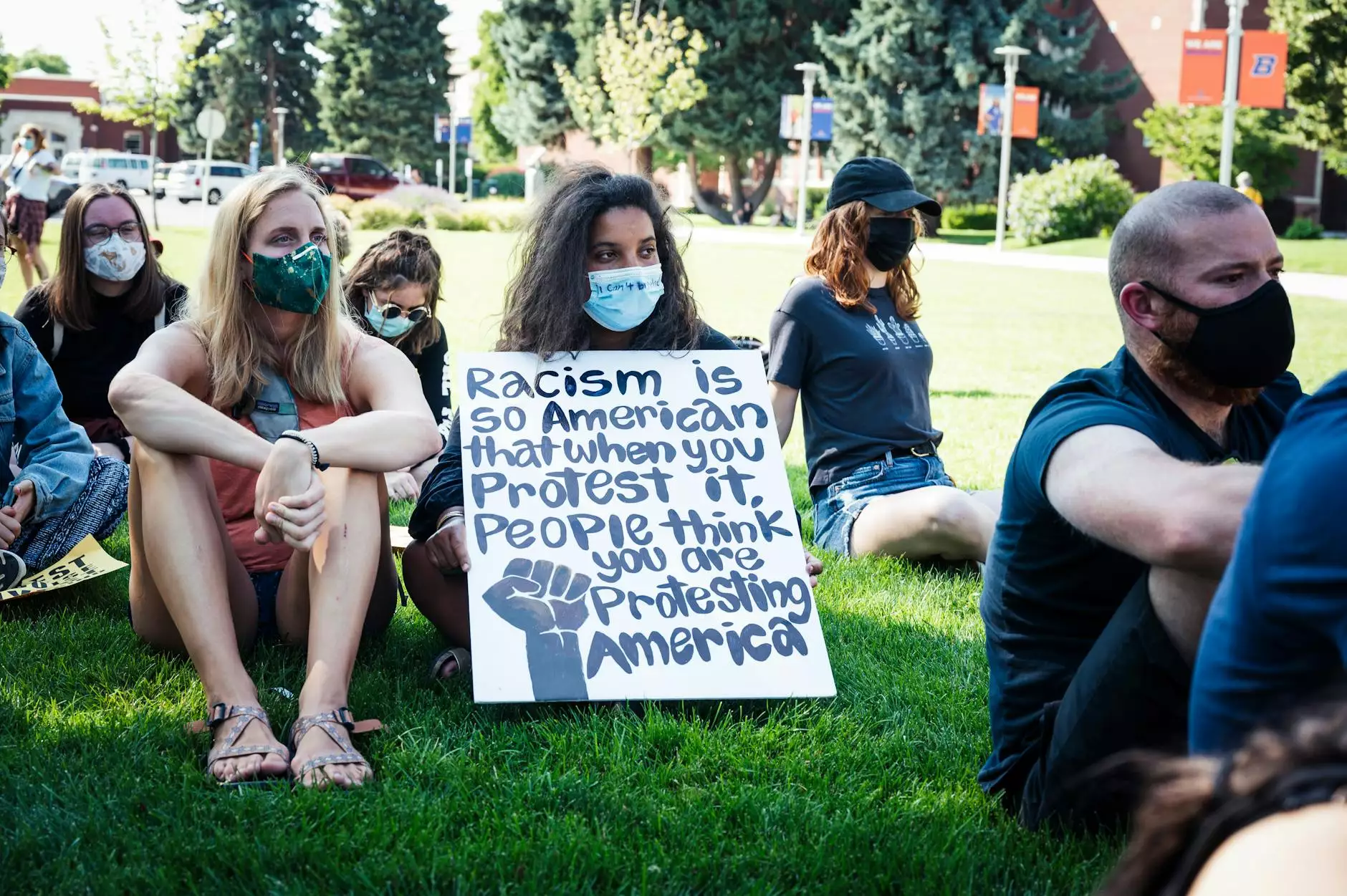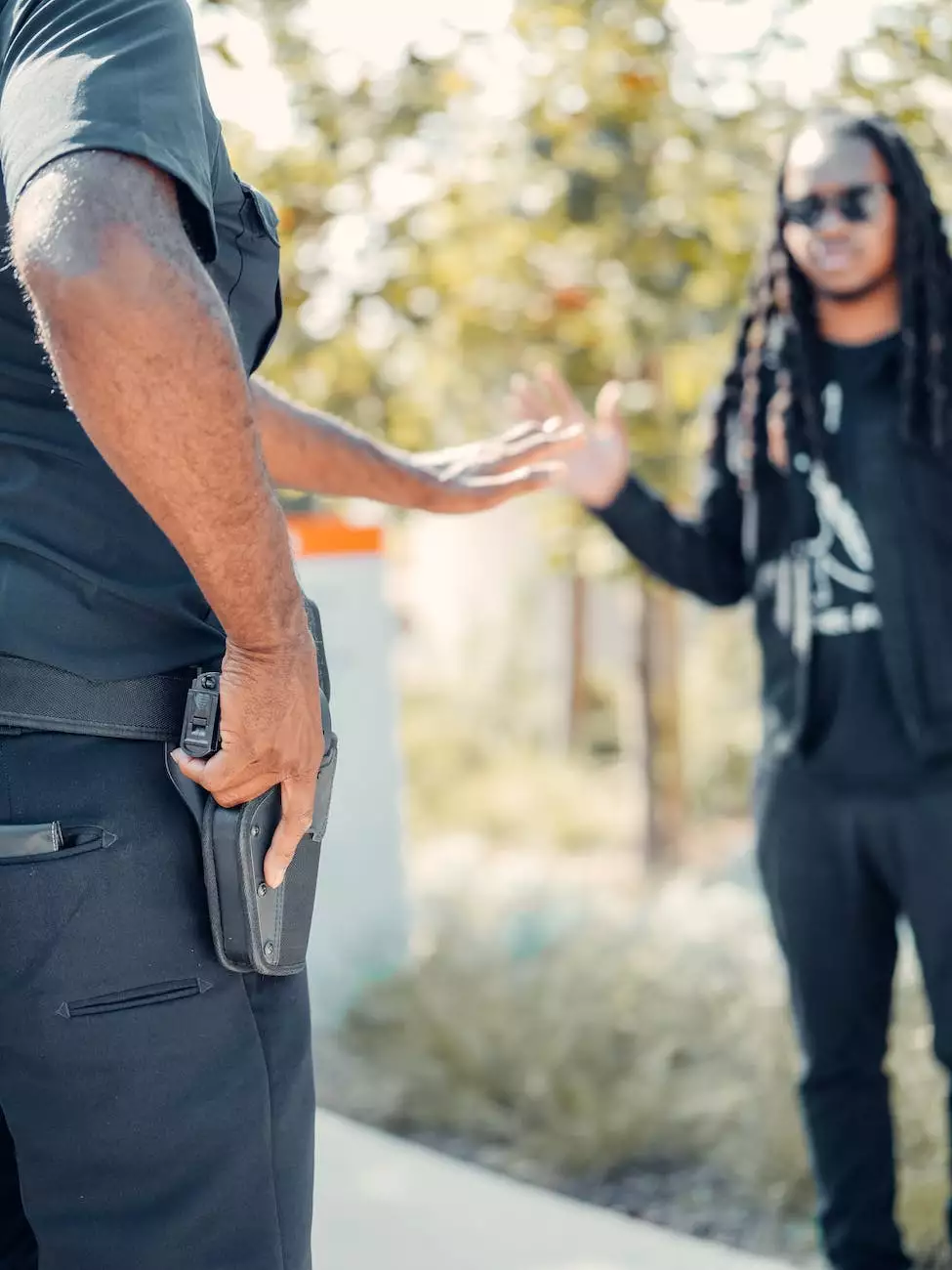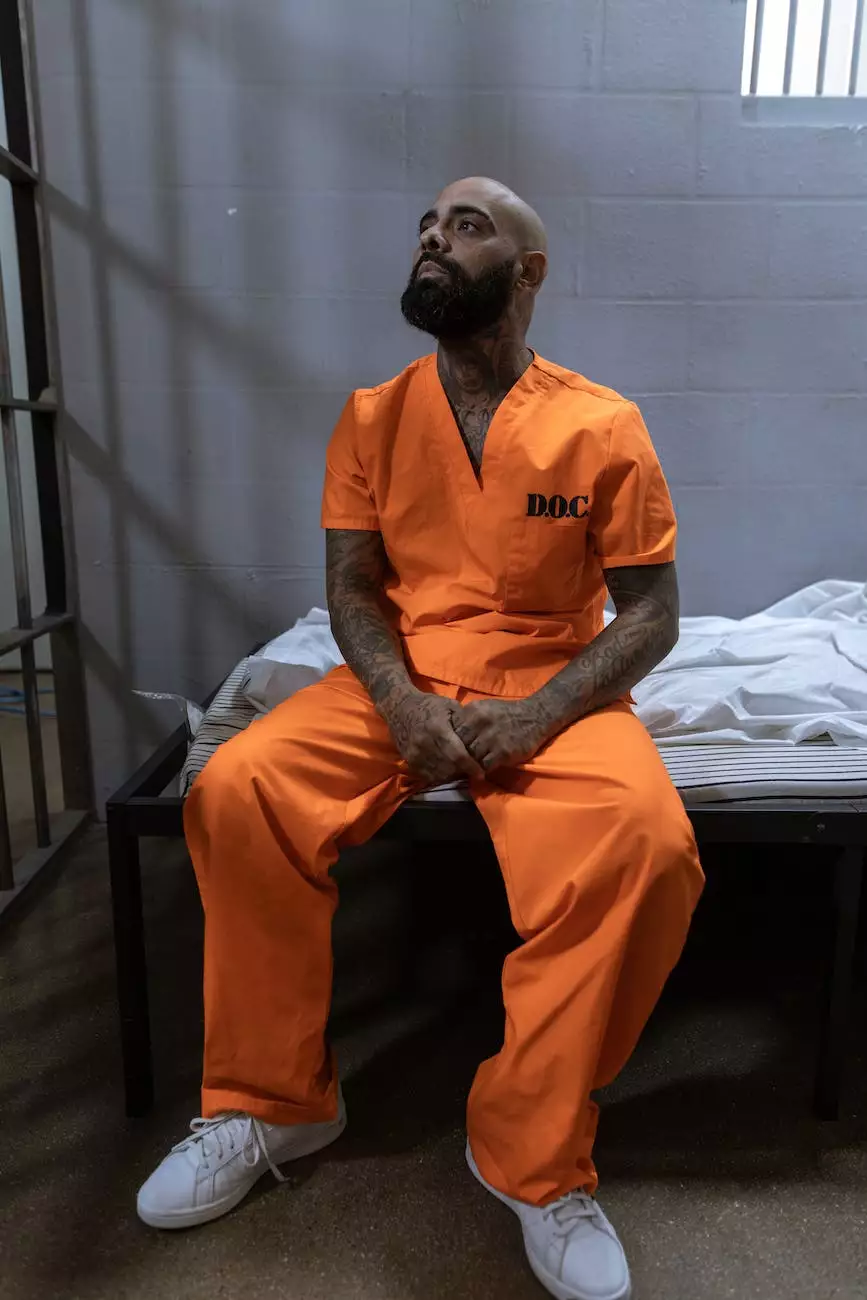Understanding Your Constitutional Right to a Jury Trial
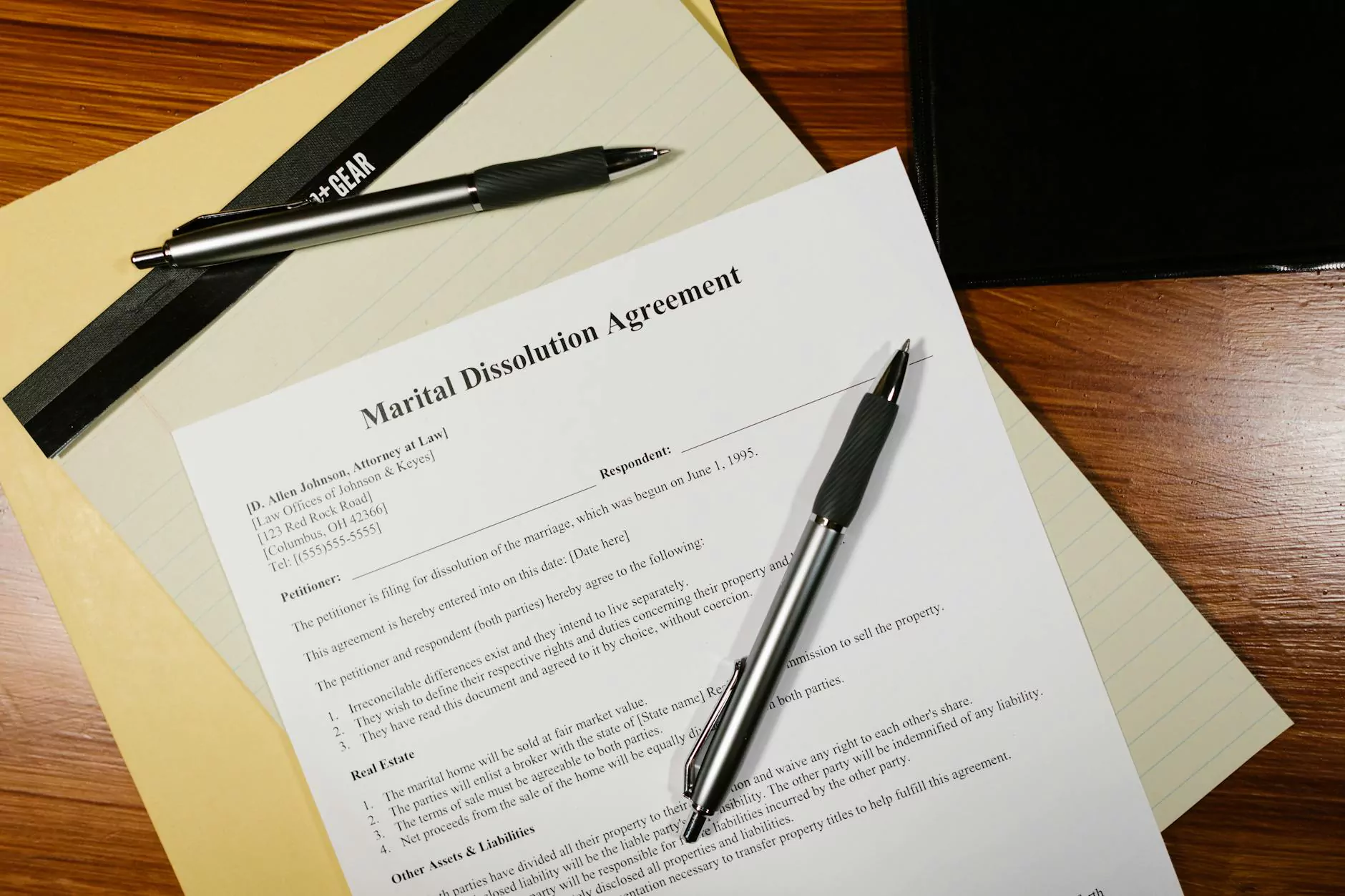
Introduction
Welcome to The Skiendziul Law Firm, your trusted resource for legal matters in the Law and Government - Legal field. In this article, we will discuss the constitutional right to a jury trial and provide you with detailed information on the legal process and your rights.
What is a Jury Trial?
A jury trial is a legal proceeding in which a group of unbiased individuals, known as jurors, hear the evidence presented by both the prosecution and defense in a case. They then deliberate and reach a verdict based on the evidence presented. This process is an essential component of the legal system, ensuring fairness and impartiality.
Constitutional Right to a Jury Trial
The right to a jury trial is enshrined in the United States Constitution. The Sixth Amendment guarantees this right in criminal cases, stating that "the accused shall enjoy the right to a speedy and public trial, by an impartial jury of the State and district wherein the crime shall have been committed."
Additionally, the Seventh Amendment extends the right to a jury trial in civil cases, stating that "in suits at common law, where the value in controversy shall exceed twenty dollars, the right of trial by jury shall be preserved, and no fact tried by a jury shall be otherwise re-examined in any court of the United States, than according to the rules of the common law."
The Legal Process
When you exercise your constitutional right to a jury trial, there are several important steps involved in the legal process. Let's walk through them:
Filing a Lawsuit or Being Charged
The first step is filing a lawsuit or being charged with a crime. This initiates the legal proceedings and sets the stage for your right to a jury trial.
Jury Selection
Once the case is filed or charges are made, the next step is jury selection. This process involves gathering a pool of potential jurors and selecting a panel of impartial individuals who will eventually determine the outcome of the trial.
Attorneys from both sides, known as the prosecution and the defense, have an opportunity to question and evaluate potential jurors to ensure they are fair and unbiased. This ensures that jurors who may have prejudices or conflicts of interest are not included.
Opening Statements and Evidence Presentation
After the jury is selected, the trial begins with opening statements from both the prosecution and the defense. These statements provide an overview of the case and set the stage for the evidence that will be presented.
During the trial, both sides have the opportunity to present their case and present evidence to support their arguments. This may include witness testimonies, physical evidence, expert opinions, and more.
Jury Deliberation and Verdict
Once the evidence has been presented, both sides present their closing arguments to summarize their case. The jury then enters deliberation, where they review the evidence and arguments presented during the trial.
After thorough consideration, the jury reaches a verdict. The verdict determines whether the defendant is found guilty or not guilty in a criminal trial, or if the defendant is liable or not liable in a civil trial.
Why Choose The Skiendziul Law Firm?
At The Skiendziul Law Firm, we understand the importance of your constitutional right to a jury trial. Our team of experienced attorneys is dedicated to providing comprehensive legal services and ensuring that your rights are protected throughout the trial process.
We offer personalized consultations to discuss your case, answer any questions you may have, and provide guidance on how to navigate the legal system. Our expertise in the Law and Government - Legal field allows us to effectively advocate for your rights and achieve the best possible outcome.
Contact The Skiendziul Law Firm today to schedule a consultation and learn more about your constitutional right to a jury trial. Our team is ready to assist you every step of the way.




